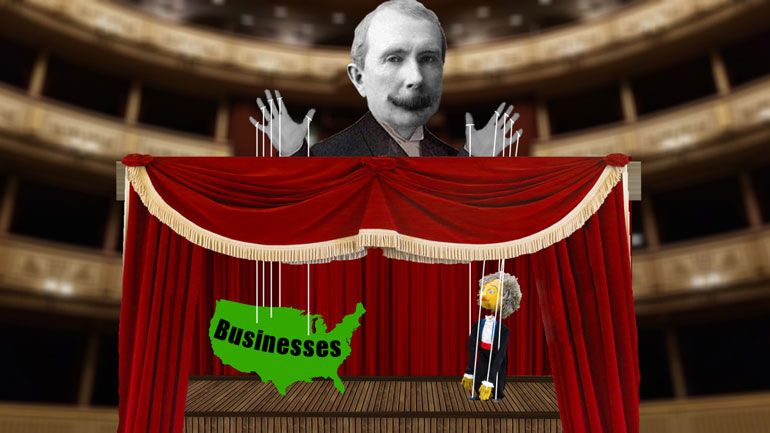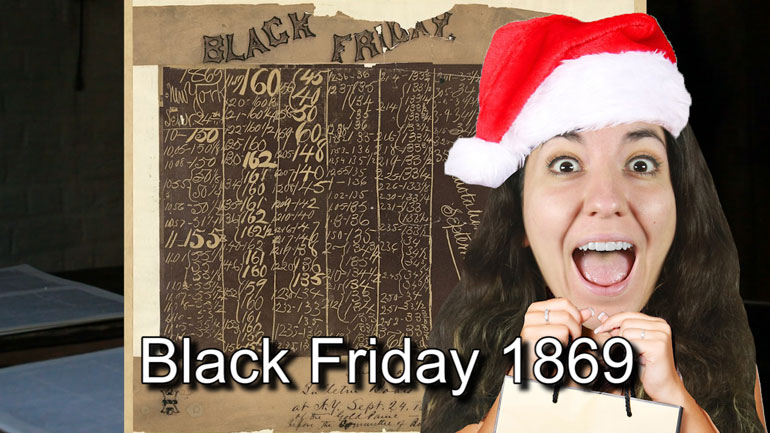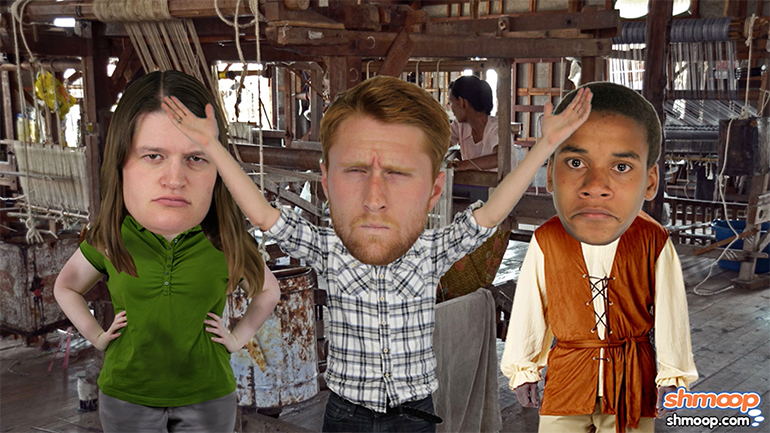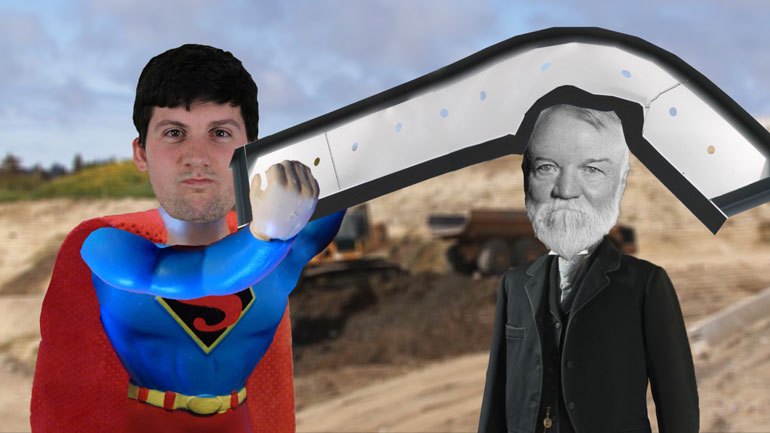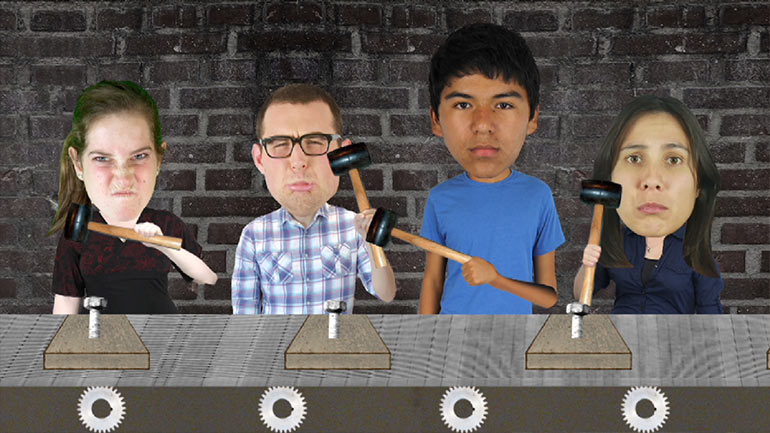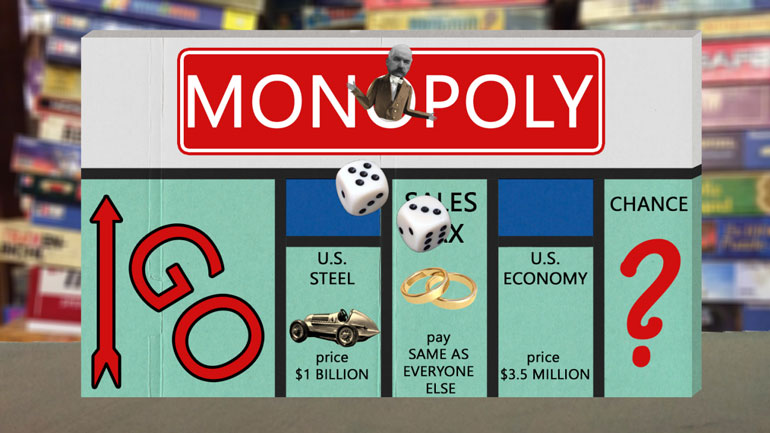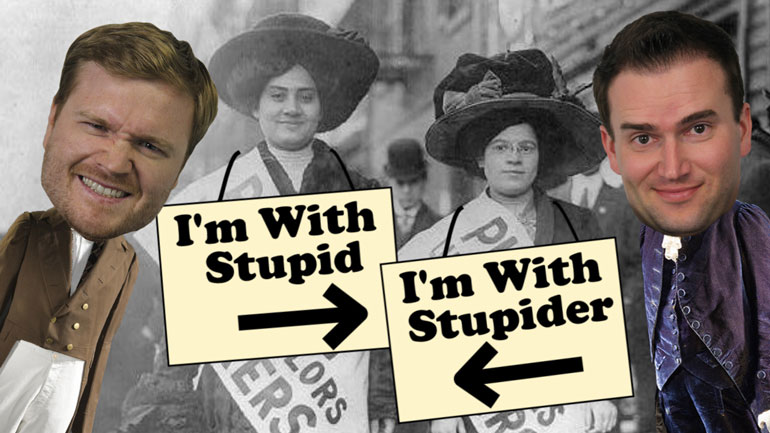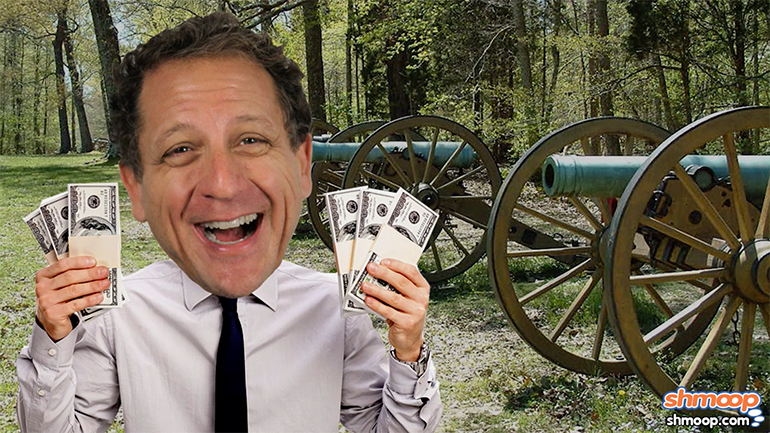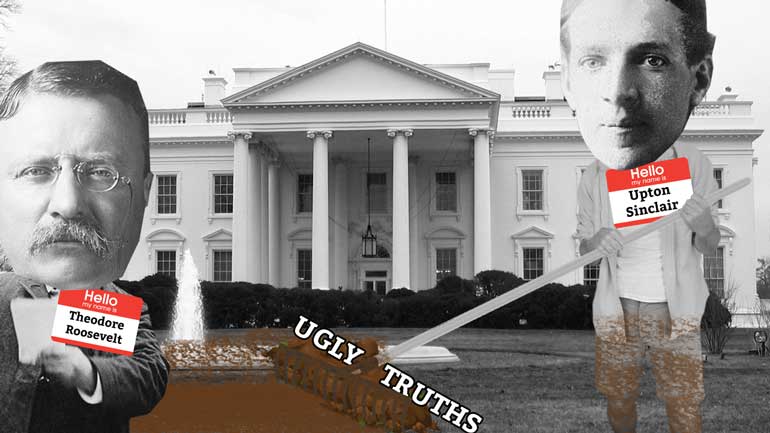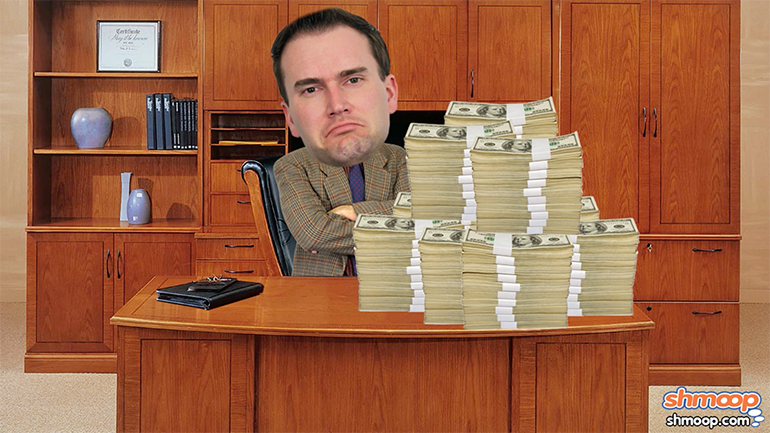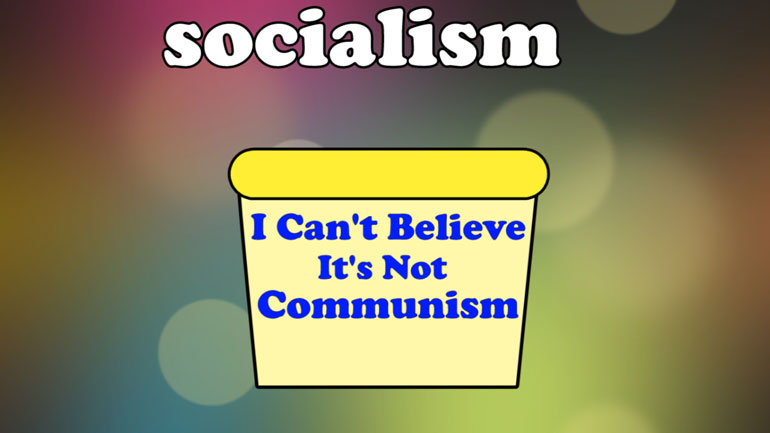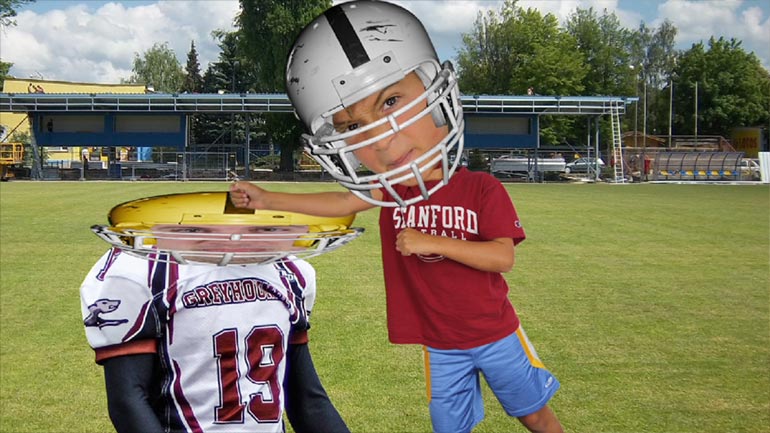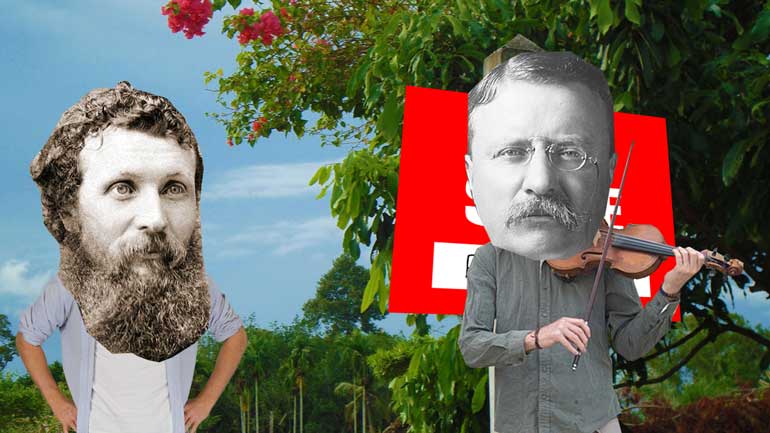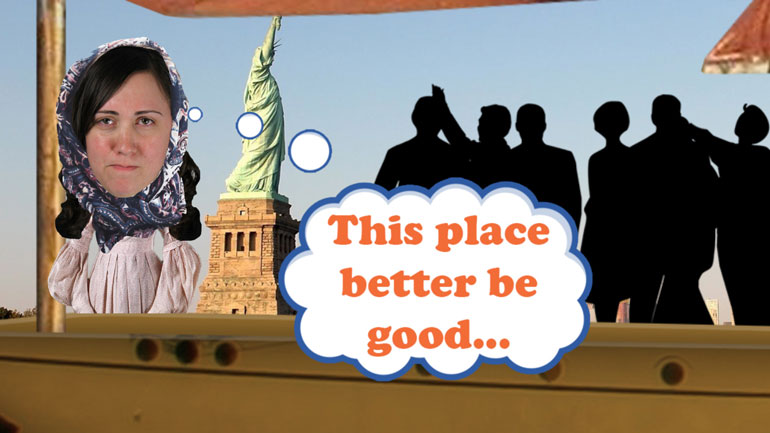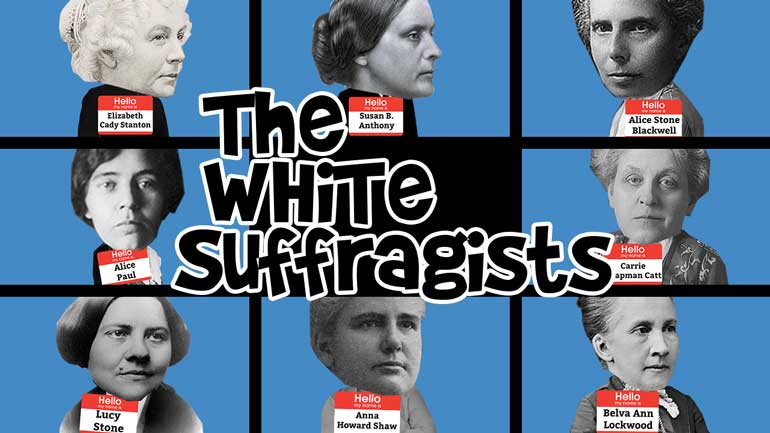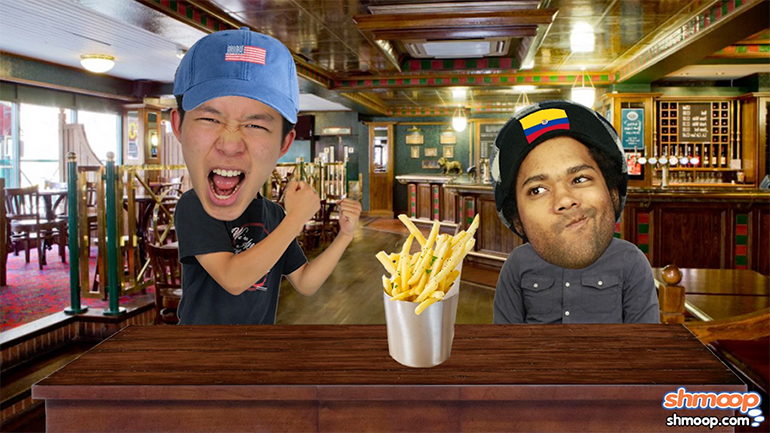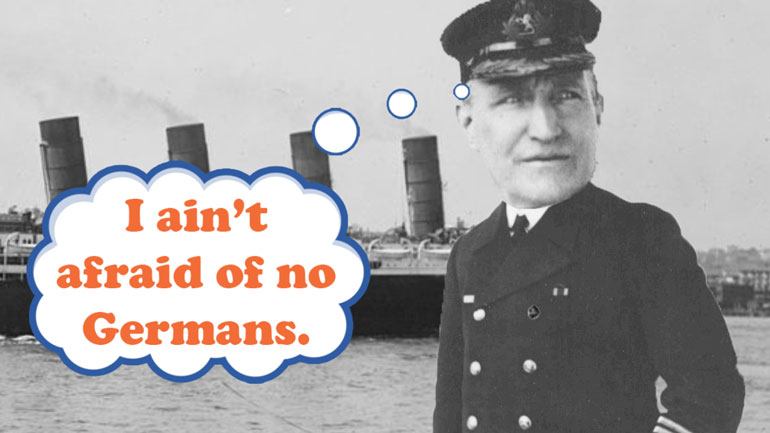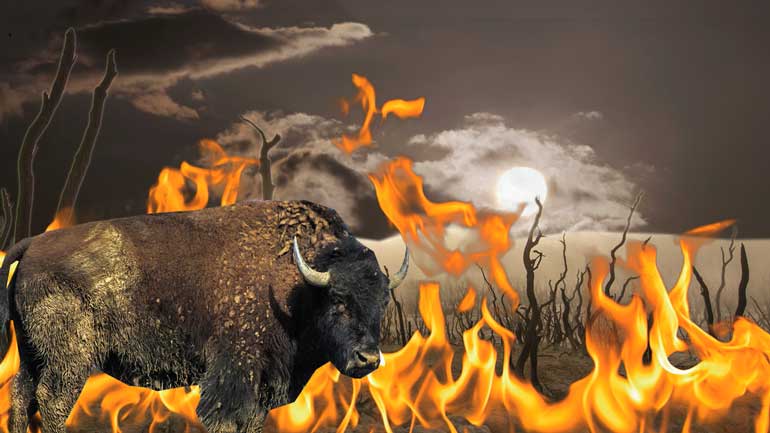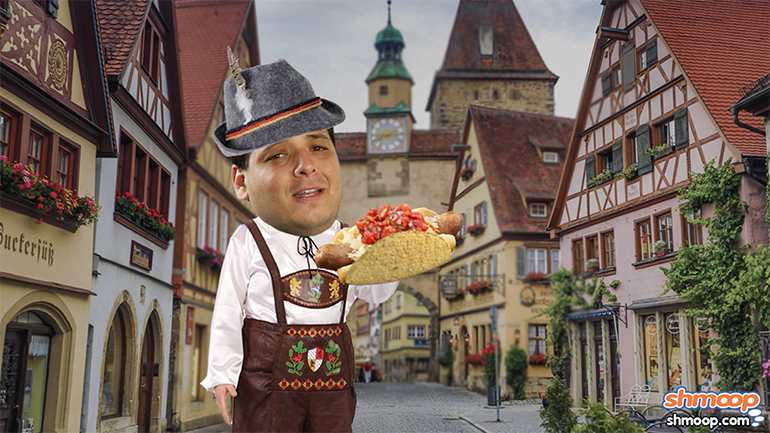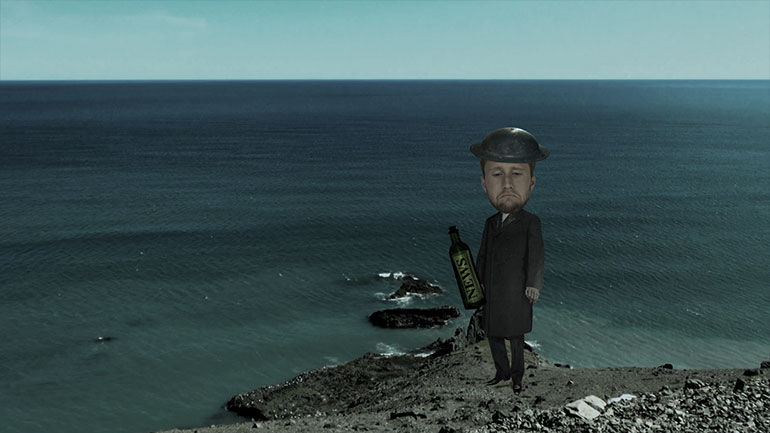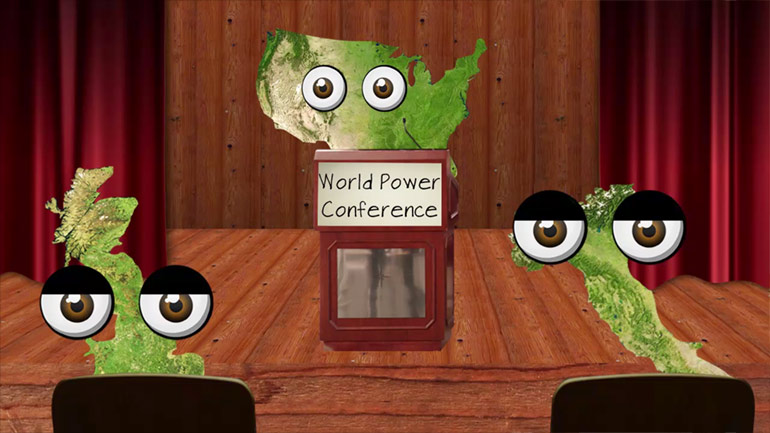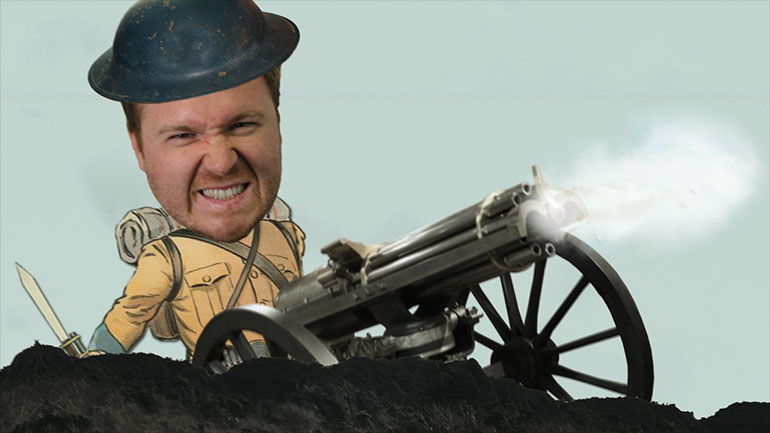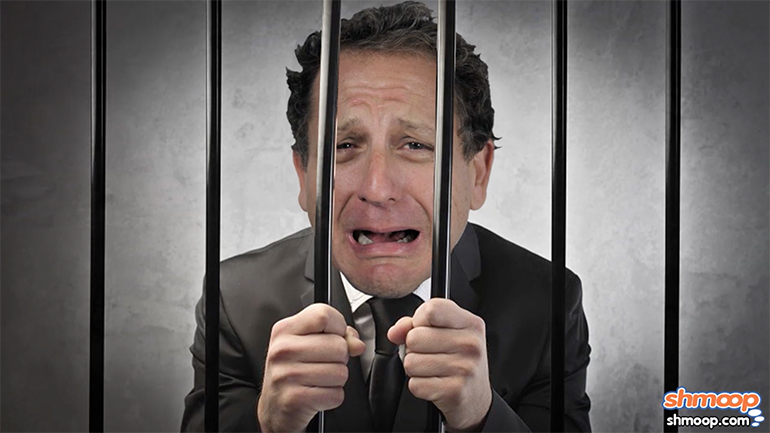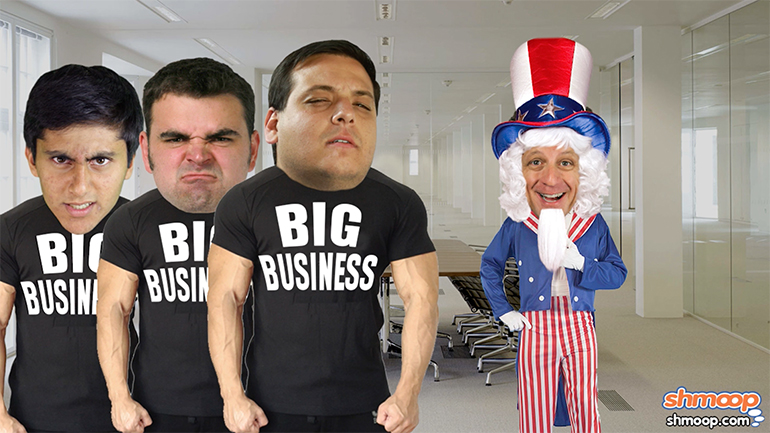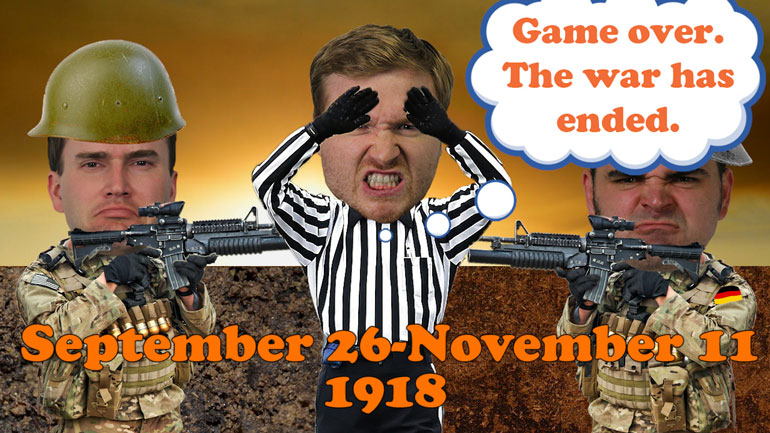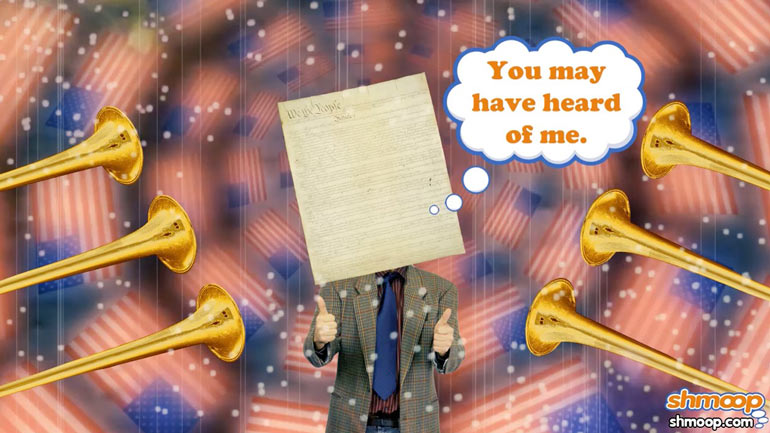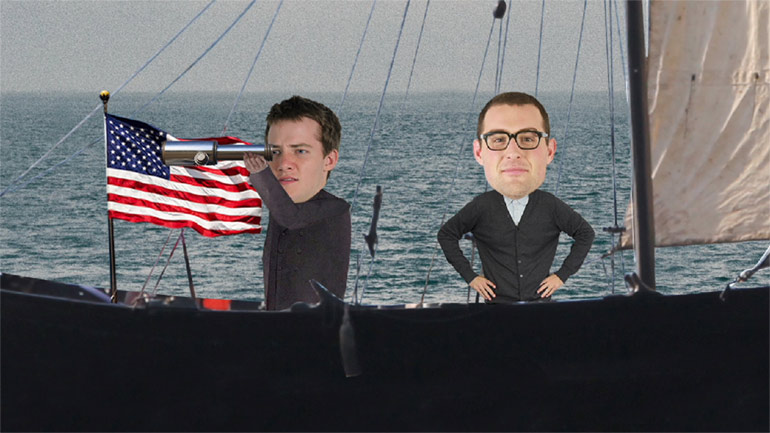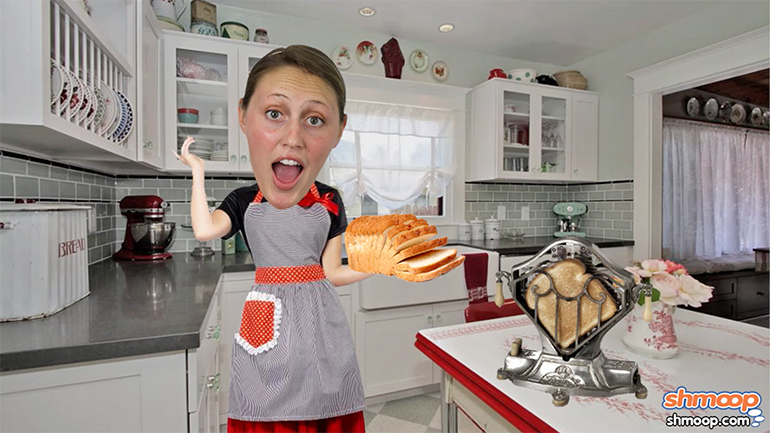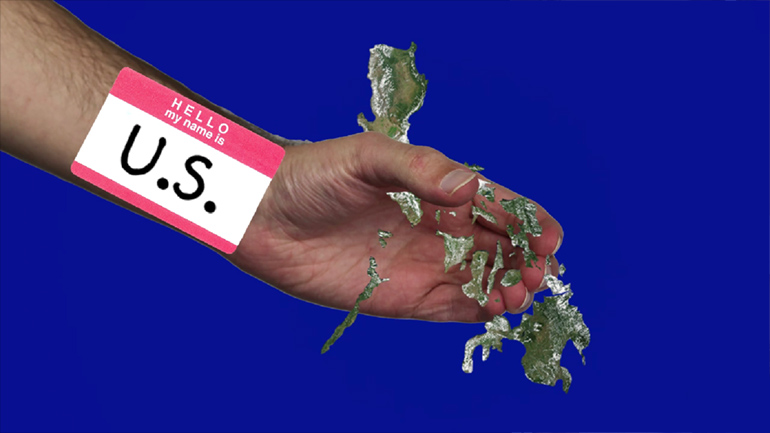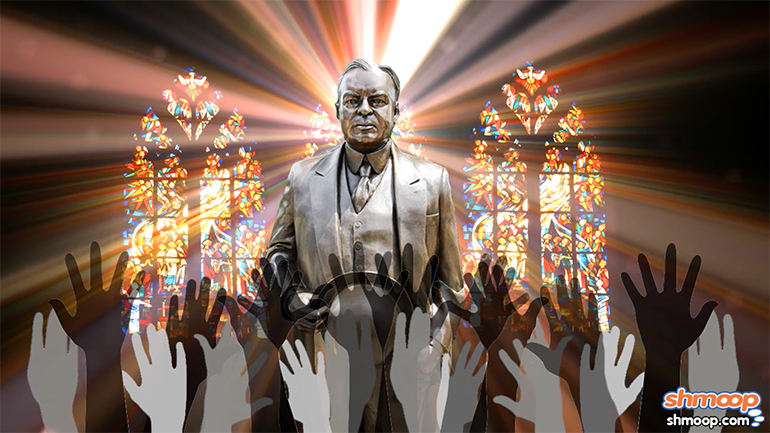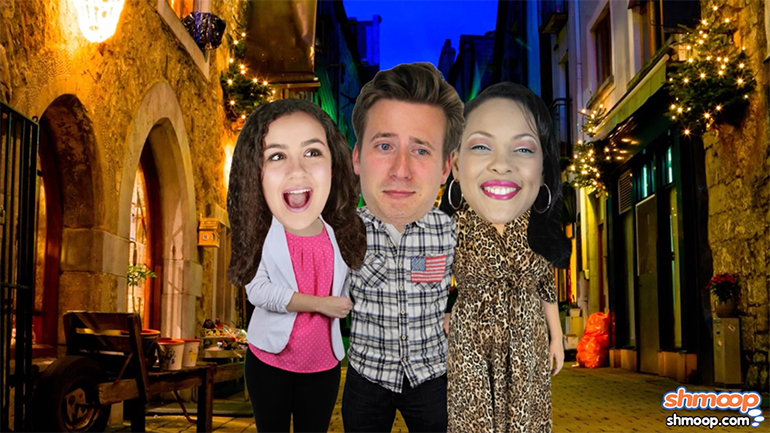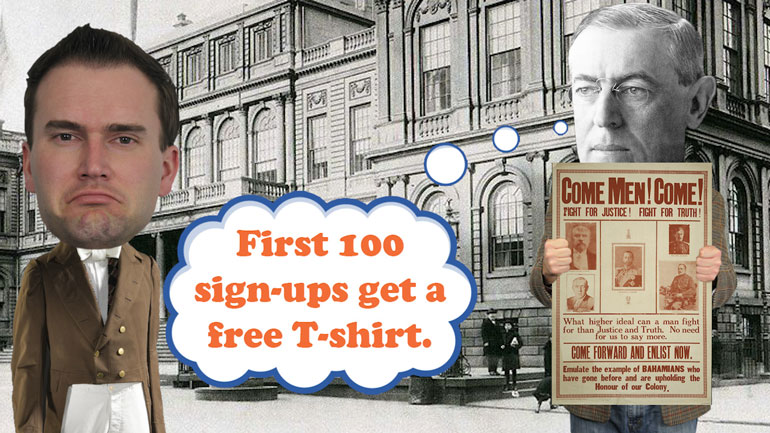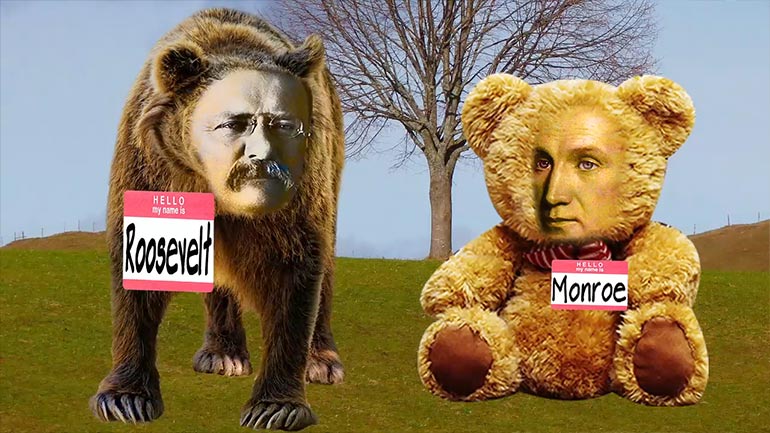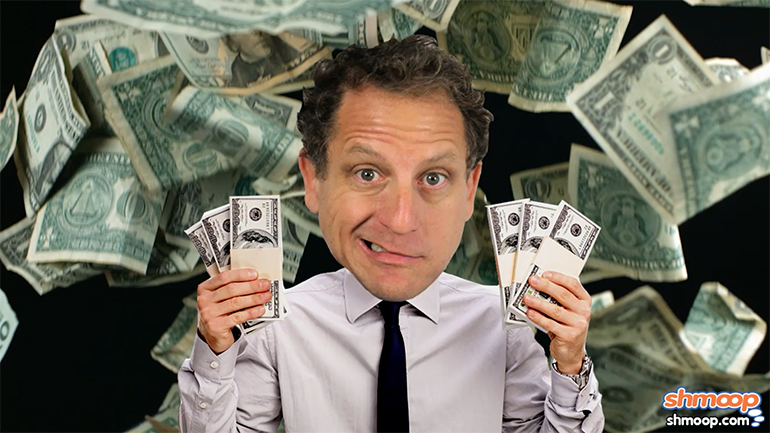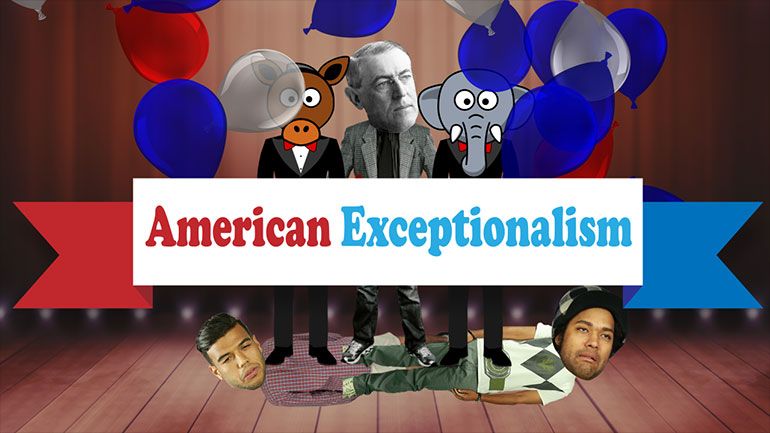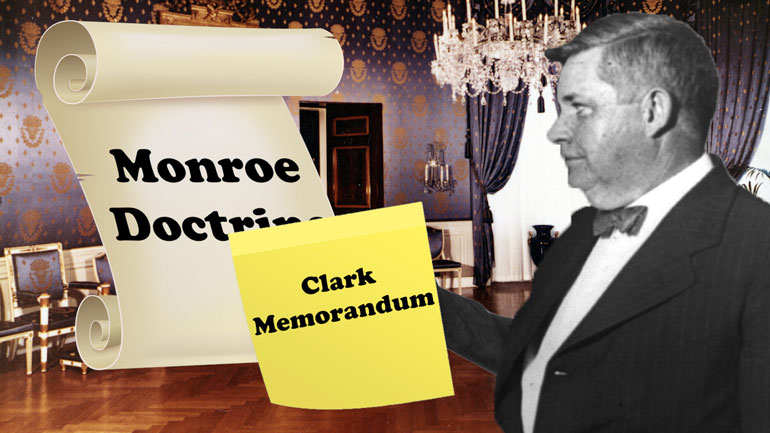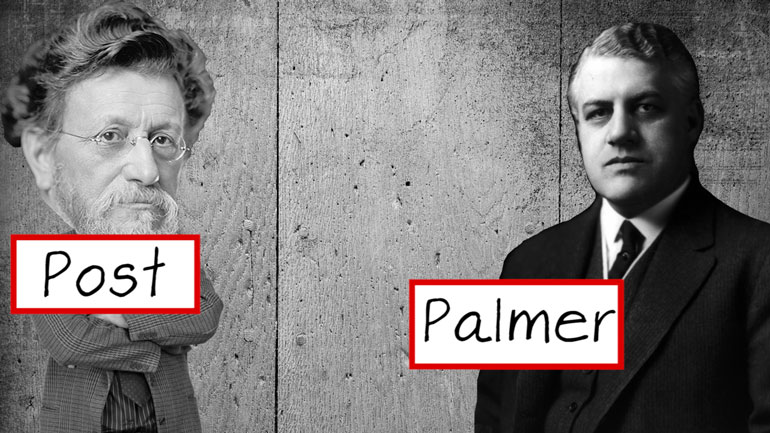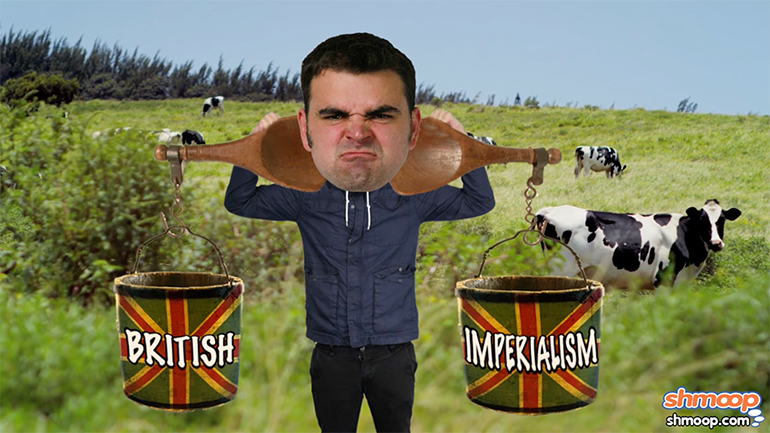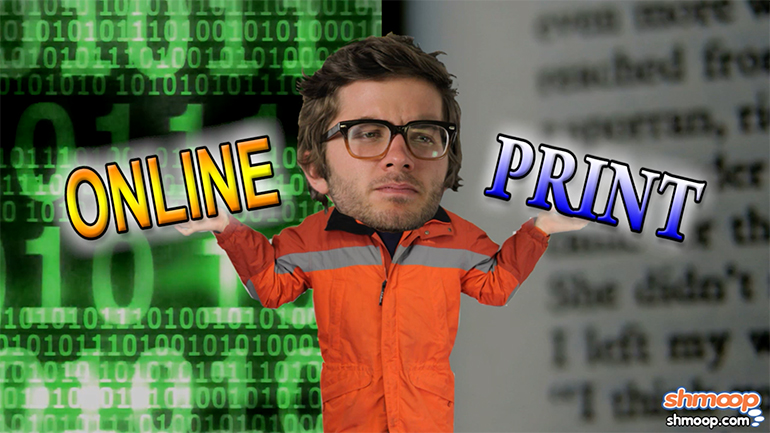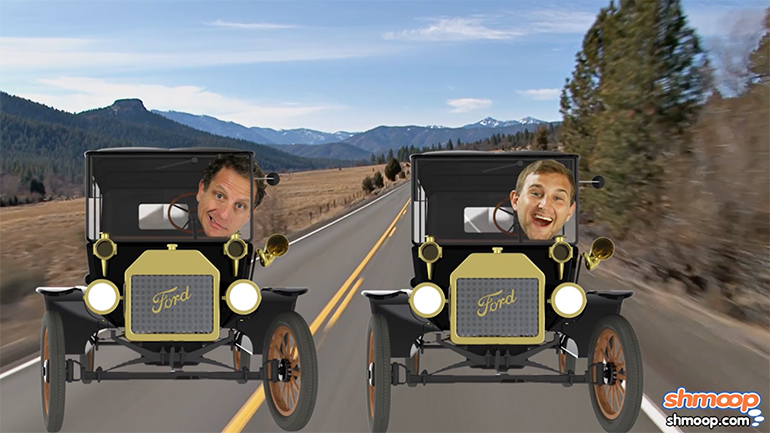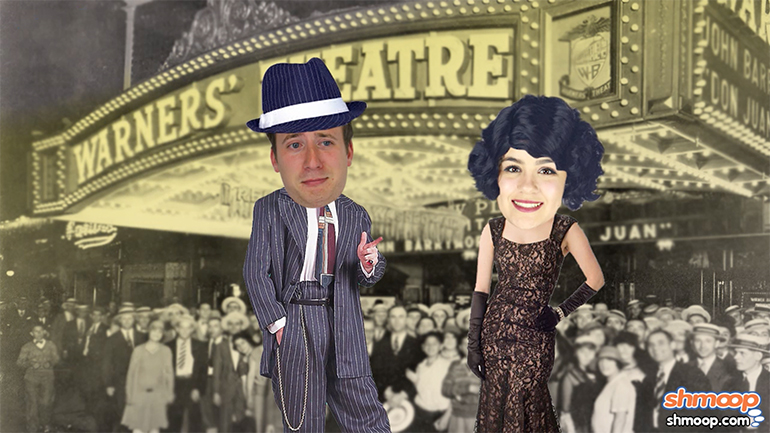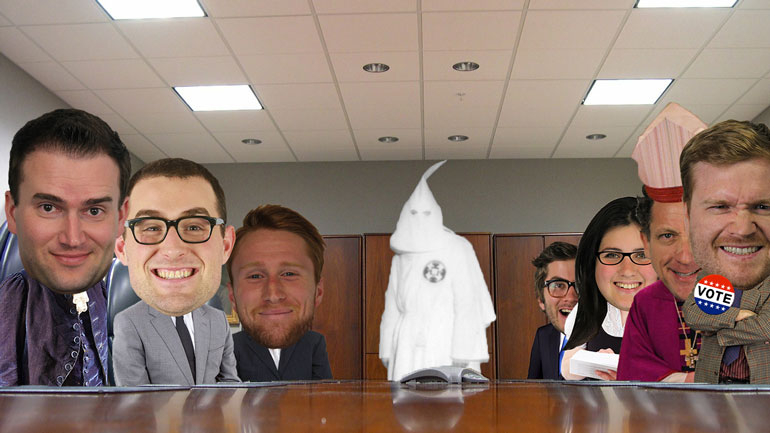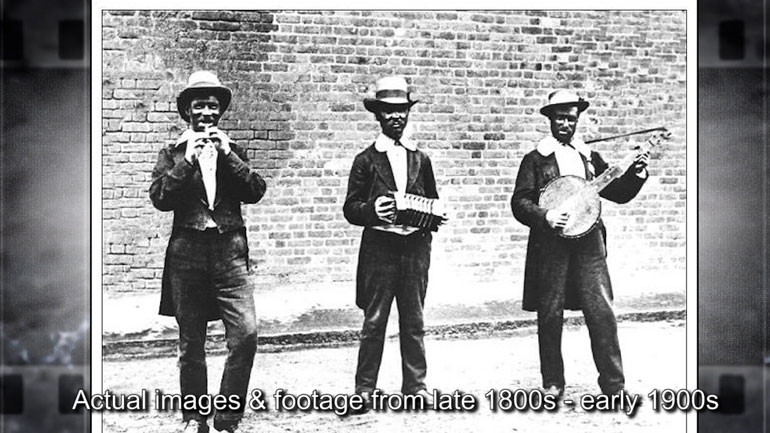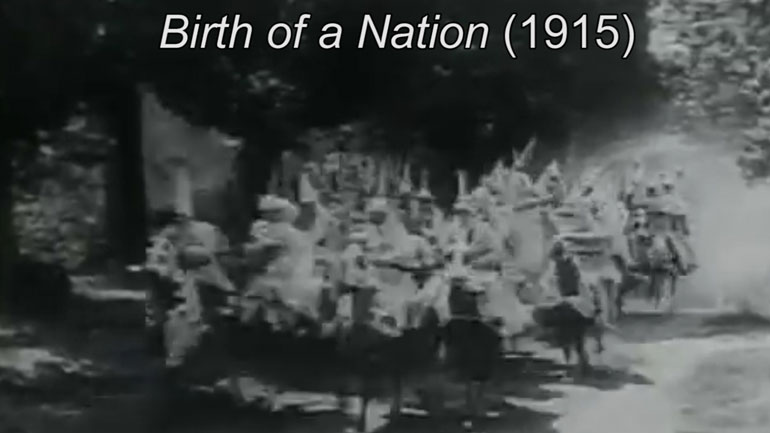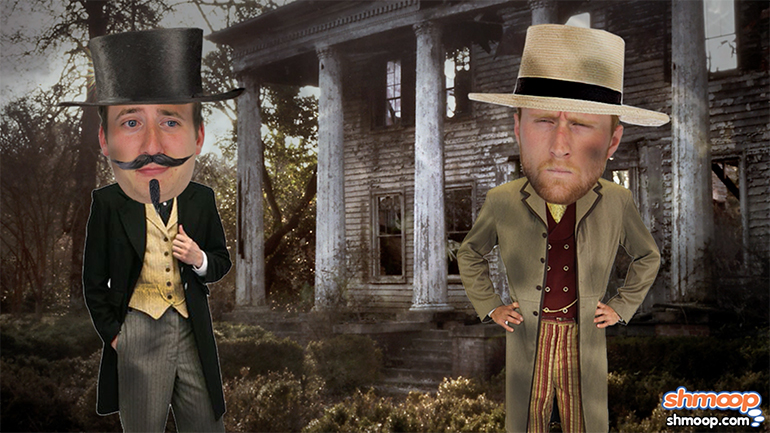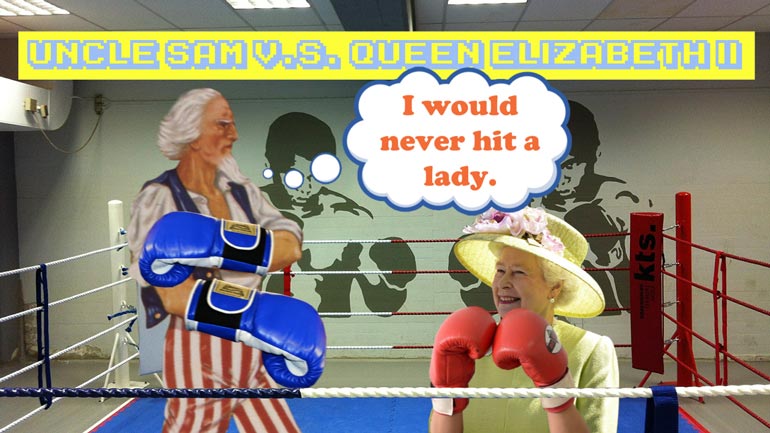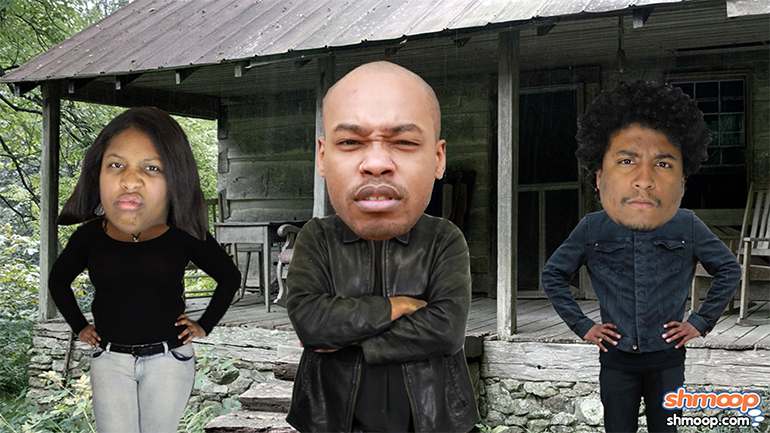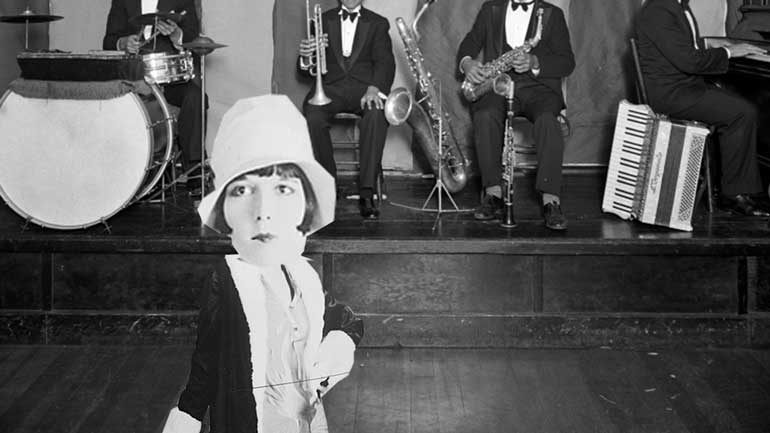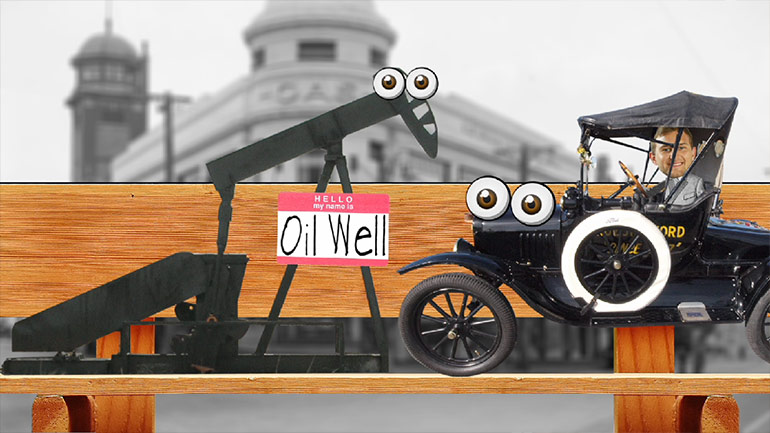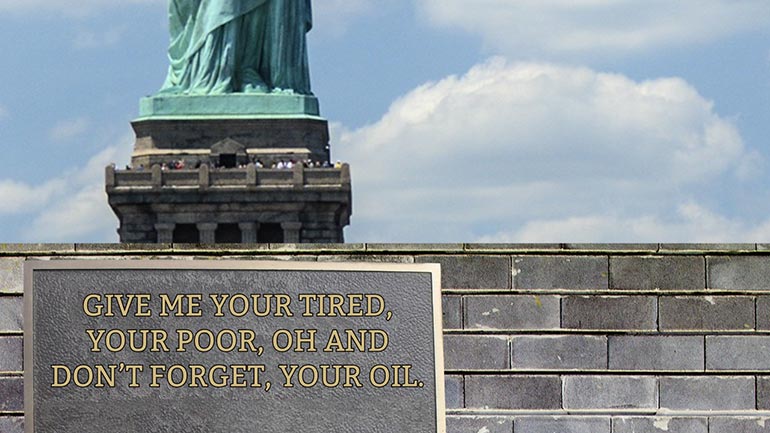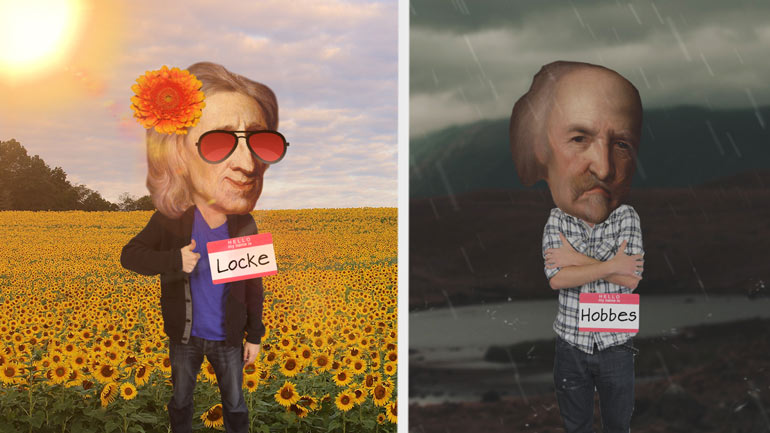ShmoopTube
Where Monty Python meets your 10th grade teacher.
Search Thousands of Shmoop Videos
U.S. History 1877-Present Videos 173 videos
Have you ever told one of your siblings to stop poking you, only to have them do something like hold their hand right in front of your face instead...
John D. Rockefeller. Greasy robber baron, or philanthropic saint? Why not both? Boy, that's a weird combination...
Today we'll learn about plans to assimilate the American Indian population after reconstruction. If you've ever seen Star Trek, you'll know that fo...
U.S. History 1877-Present 3: Andew Carnegie 7879 Views
Share It!
Description:
Steel yourself. That big rich guy who paid for Carnegie Hall, Carnegie Mellon University, and hundreds of libraries all around the country...used own a steel mill. Eh? Eh? Oh and before that he was so poor he couldn't even afford books. Maybe we should have mentioned that first.
Transcript
- 00:03
Superman he can leap tall buildings in a single bound [Superman jumps over skyscrapers]
- 00:07
run faster than a speeding bullet and is more powerful than a locomotive but [Superman pushing locomotive train]
- 00:11
Superman is no match for the original man of scale Andrew Carnegie Andrew
- 00:16
Carnegie started as a dirt-poor Scottish immigrant who came to America at age 13
- 00:21
in 1848 dirt-poor de nuit justice dirt was too good for young Carnegie when he [Ship sails from Scotland to US]
Full Transcript
- 00:27
first arrived in Pennsylvania he went to work in a cotton mill like any other
- 00:30
poor kid would do but andc did not end his days making $1 a week like most
- 00:36
other factory workers a dollar a week since back then hitting up the mcdonald [Man wearing crown]
- 00:40
dollar menus would have been decadent well he moved up the ladder to be a
- 00:44
messenger boy for a telegraph company sweet and then he became a telegraph
- 00:48
operator for a railroad even sweeter and then he worked his way up to be a
- 00:53
manager sweeter still and when the Civil War began
- 00:56
Carnegie ended up being the guy in charge of the huge and complicated [Carnegie surrounded by books and papers]
- 01:00
logistics process of transporting Union soldiers across the country sickeningly
- 01:06
sweet all right well in 1864 Carnegie took some cash and invested it in a
- 01:11
steel mill and then things got real after the war he focused his mad skills [Carnegie watering plants]
- 01:15
on creating the biggest steel company in the world
- 01:18
the Carnegie steel company instead of focusing on just one part of the steel
- 01:22
making process chronica dominated the entire process by owning it meaning he
- 01:28
bought the mines that produce the iron ore he bought the railroads that took [Carnegie with property of Andrew sign at rail roads]
- 01:32
the iron to the steel mills and then took the steel beams out to play yeah
- 01:36
kind of fun if it looked like steel acted like steel or smelled like steel
- 01:40
well then Carnegie owned it he also adopted and fine-tuned the Bessemer
- 01:45
process that's when process was a way of making steel that was stronger than the
- 01:49
norm that would have given Carnegie an edge all by itself but the Bessemer
- 01:53
process was also cheaper than the old way of doing things and with that [Men stood in line for unemployment]
- 01:56
Carnegie made his competitors weeps and sent them tissues but tissues were made
- 02:01
of steel so they kind of hurt blew into us well Carnegie made some
- 02:04
serious money after the war obviously the u.s. was all about building then
- 02:08
skyscrapers bridges libraries schools railroads and everything was filled with [Buildings appear in skyline]
- 02:13
feel Carnegie had the cheapest strongest steel it was the most available and so
- 02:19
well he became the go-to guy whenever anybody wanted to build and pretty much
- 02:22
anything well the 1901 Carnegie was ready to
- 02:25
retire so he sold Carnegie steel to banker JP Morgan who turned it into an [Carnegie hands paper to JP Morgan]
- 02:30
even more gargantuan corporation called yes US Steel well it was the first
- 02:35
corporation to be valued at over a billion dollars Carnegie was out of the
- 02:40
steel business with only the half billion dollars Morgan paid him to keep
- 02:43
warm of course with a half a billion dollars Carnegie could have literally [Carnegie sat beside fire]
- 02:46
thrown the money into fireplaces and will kiss warm for a while but he didn't
- 02:51
do that at least 350 million dollars of that fortune went to charity [Carnegie with giant check hands it to homeless man]
- 02:55
well Carnegie was kind of like Scrooge at the end of Christmas Carol he'd
- 02:59
relied on the kindness of strangers who lent him books and he was a poor factory
- 03:04
kid so in his rich old age he funded the construction and stocking of 3,000
- 03:09
libraries across the country he also famously funded Carnegie Hall the
- 03:14
concert hall in New York City and he funded the creation of Carnegie Mellon [Carnegie statue appears]
- 03:17
University that's why it was named after him well you know and a melon
- 03:22
that's melon with 2 L's well that's another rich guy's last name anyway in a latter
- 03:26
years Carnegie did not start talking to fruit.... [Carnegie appears behind statue with fruit]
Related Videos
Ever heard of a "living document"? They eat and breathe just like the rest of us! They even walk around on their own two legs. Okay, fine—maybe t...
If the Puritans had gotten their way, religion would play a much larger role in lawmaking these days. Want to know more? Watch the video for all th...
What happened between the creation of the Articles of Confederation and the ratification of the current U.S. Constitution? This video analyzes the...
The Modernists thought the world had a lot of problems, and they were intent on fixing them—or at least talking about fixing them. Unfortunately,...
This video explains Federalism and the quest for a fair balance between state and national power. It covers the progression and compromises of Fede...

